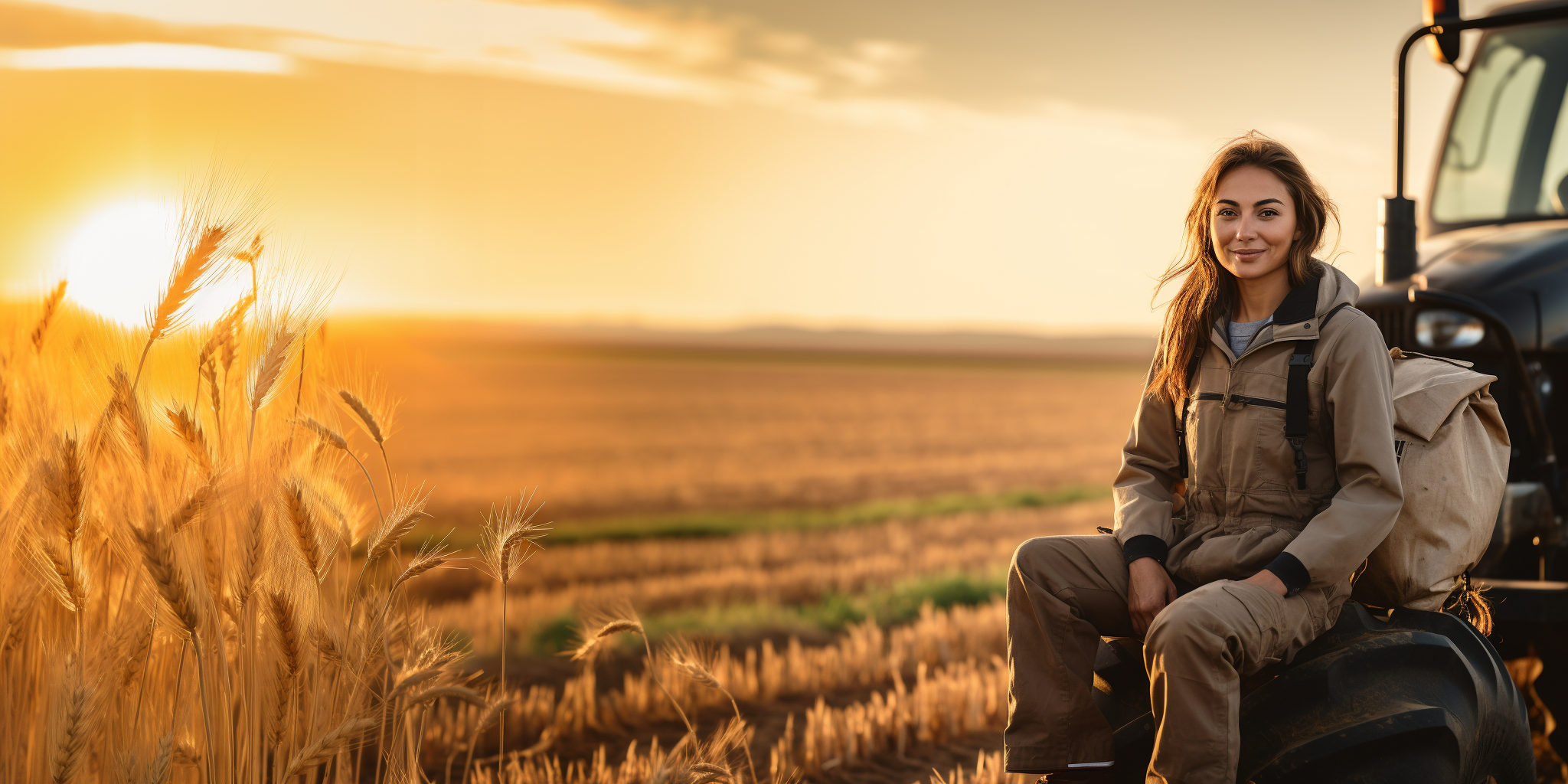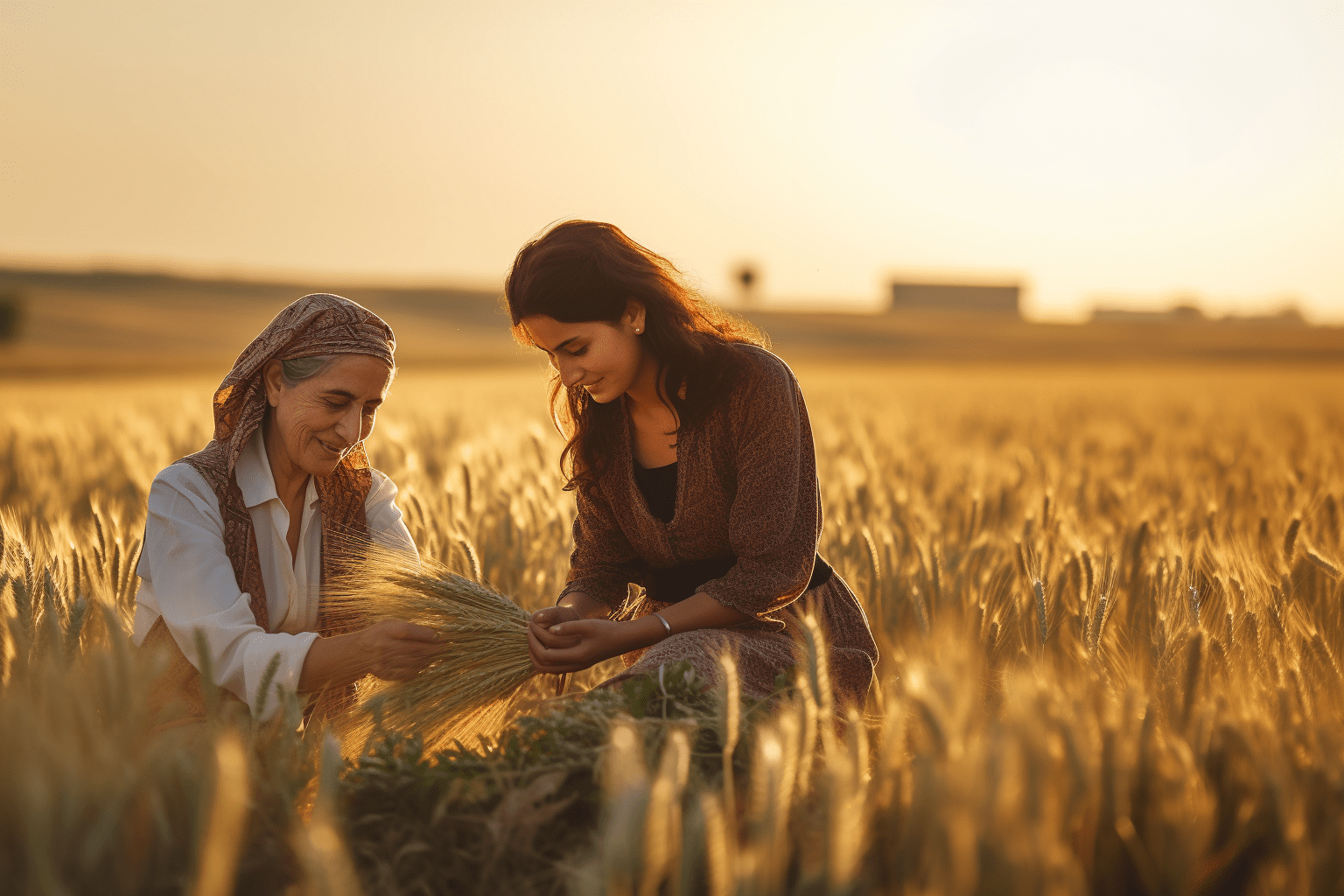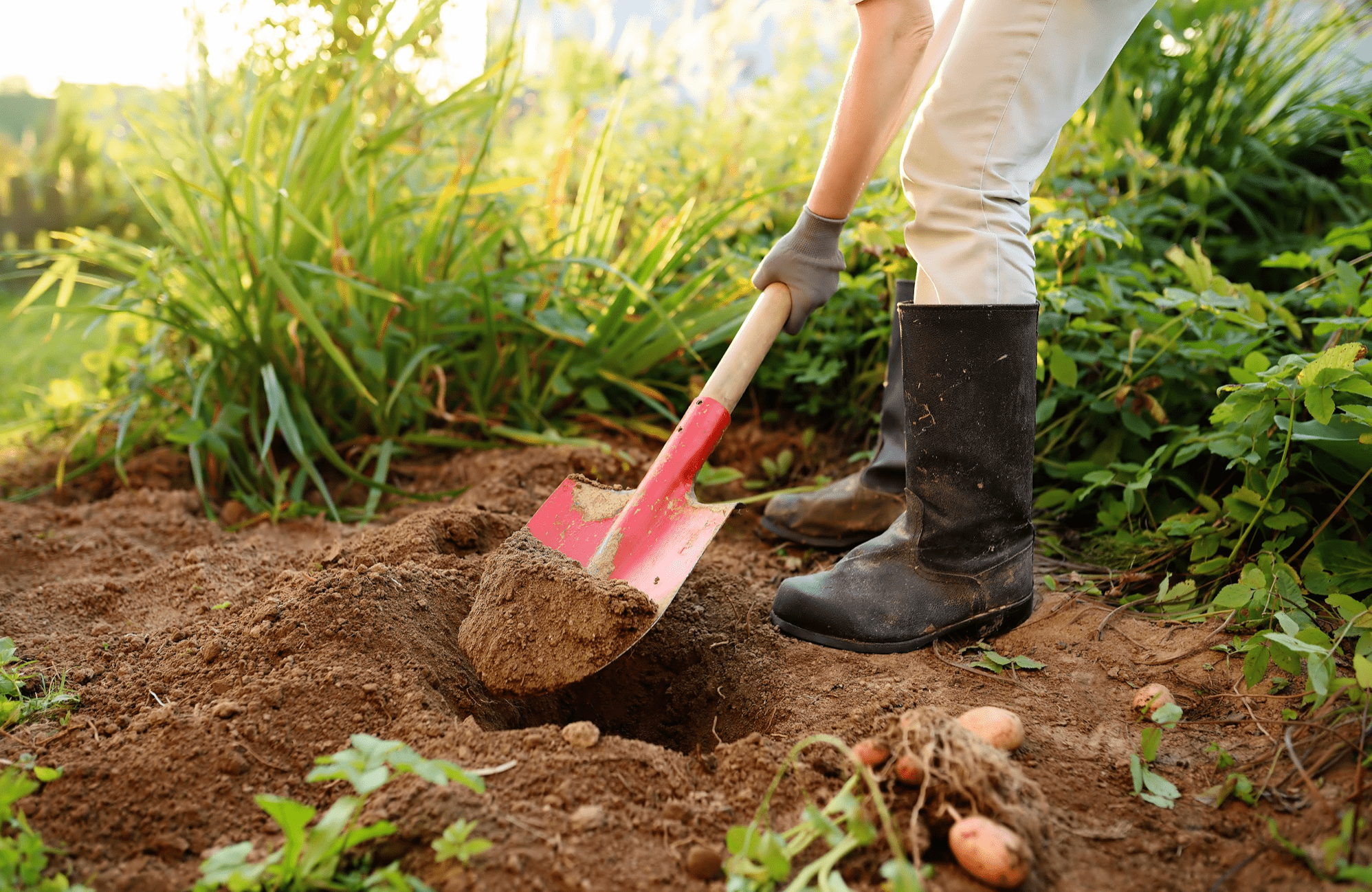- Home
- Following the Soil
- From Today to the Future
From Today to the Future

Acting with the awareness that agriculture is synonymous with the future of human communities, the steps taken to develop and perpetuate sustainable practices...
The future of agriculture means the future of human communities. Therefore, overcoming the challenges to the sustainable future of agriculture is a prerequisite for the survival of life both today and in the future. So what are these challenges? As many of us would expect, climate change is at the top of the list. Climate change, which has significant impacts on air temperatures, precipitation regimes and seasons, negatively affects agricultural production, while increased air pollution reduces the growth rate of plants and opens the door to diseases that reduce yields. In addition, forest fires triggered by climate change damage agricultural lands and forested areas. The rise in water levels, especially along coastlines, is causing erosion of soil texture. All of these threaten the future of agriculture and stand out as factors that stand in the way of human communities' access to healthy food today and in the future. Let's take a look at the steps taken in Turkey and around the world to eliminate these threats, to make agriculture sustainable and to ensure that future generations have access to quality food sources.
Climate smart agriculture
Climate change is having a significant impact on agricultural productivity. For this very reason, developing agricultural systems with strategies that can cope with these negative impacts is crucial for the future of food. Climate-smart agriculture practices, one of these, include agricultural infrastructures that are strengthened against the impacts of climate change, increased agricultural productivity to ensure food security and accessibility, and techniques developed to reduce the amount of pollutants caused by agricultural activities.
Strategies aimed at protecting soils are at the forefront of climate-smart agriculture practices, which have a very wide scope. These strategies, developed to increase biodiversity, aim to revitalize barren lands. Another practice is to increase the diversity of crops. This practice, which enriches the soil in terms of nutrients, is accompanied by the cultivation of climate-resilient crops. In this way, a critical reduction in the amount of crops produced can be prevented. Agroforestry is also part of climate-smart agriculture practices. Characterized as an effective sustainable agricultural system, agroforestry is based on the coexistence of agricultural land and trees. This juxtaposition contributes to economic development while building more resilient ecosystems.
Indoor vertical farming
In this model, which is characterized as one of today's examples of the future of agriculture, production is carried out in vertically placed layers. Unlike dominant agricultural practices, the vertical design of the production area allows for more production in a smaller area. Since factors such as heat, light and irrigation, which vitally determine the production process, can be controlled in closed vertical farming practices, it becomes possible to produce food in areas that are not normally suitable for agricultural production. At the same time, closed vertical farming practices can be easily implemented in areas such as idle settlements, old factory areas and caves.
Closed vertical farming practices can reduce water use by 98 percent and land use by 99 percent compared to traditional agriculture. In this way, while preventing the waste of natural resources, it is possible to carry out agricultural production in cities where a significant part of the world's population resides. Another advantage of closed vertical farming is that it eliminates the negative effects of climate-related factors on production efficiency. With production under control, many factors such as floods, fires and plant diseases can be prevented from reducing the amount of production. With closed vertical agriculture, the amount of pollutants released when agricultural products are transported from rural areas to the city is significantly reduced. Thus, the urban population has access to fresher food with a lower environmental impact. The ability to monitor production at every stage also helps to improve food health and safety by preventing any harmful substances from entering the food chain. In addition, there are many examples where the practice of indoor vertical farming has been harmonized with artificial intelligence technologies. With sensors and cameras placed between the vertical layers, the needs of the products produced are detected and necessary interventions are made in a timely manner. Data-driven decision-making processes lead to more effective results and increase productivity.
FOR SUSTAINABLE AGRICULTURE
Placing the sustainability of agriculture at the center of its activities, İGSAŞ pioneers important efforts in Turkey with the steps it takes and the strategies it develops in this direction. In this context, İGSAŞ visits villages with the motto “I Am Grateful for My Soil” and brings farmers together with experts, aiming to raise awareness on sustainable agricultural practices.
The company, which has also made remarkable moves in the field of innovative agricultural technologies, participated in the Istanbul Indoor Vertical Agriculture Application Center project with the Istanbul Provincial Directorate of Agriculture. Located at a depth of -30 meters in Kağıthane, this center, which is the second deepest indoor vertical farming area in the world, is also important in terms of providing a model for farmers and investors. İGSAŞ takes the necessary steps to contribute to the production of knowledge in this field by undertaking research and development activities to meet the food needs of cities.
As part of the Smart Agriculture Project, İGSAŞ R&D Center develops prototype devices, including technological air and ground vehicles, to serve agriculture. Pioneering important developments in the technological transformation of agriculture in Turkey with its aerial vehicle Cemre and field robot Toygar, İGSAŞ monitors the development of plants through cameras and analyzes the data obtained by applying artificial intelligence technology. Academic articles are published on these devices for which patent applications have been made. Artificial intelligence application studies are ongoing.
İGSAŞ also has climate-oriented green transformation projects for both industry and agriculture. The company continues to invest in renewable energy as an energy source and carries out these projects through İGSAŞ R&D Center.

